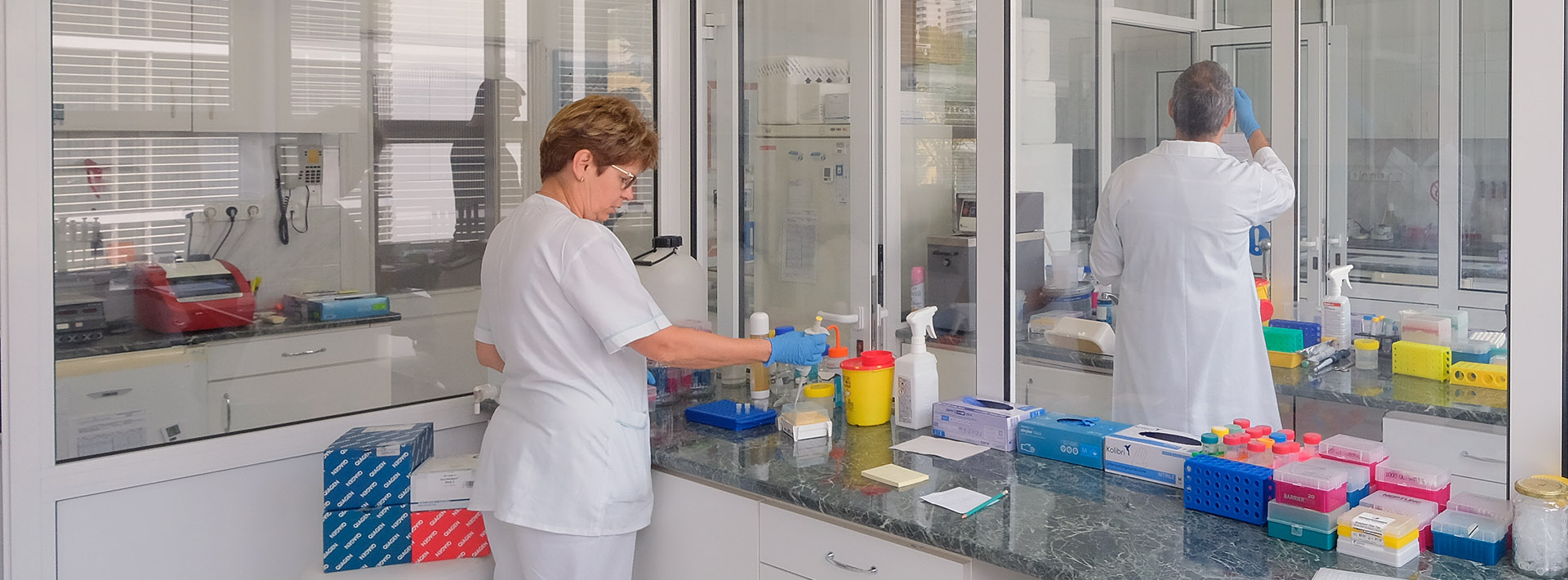Data
Official data in SubjectManager for the following academic year: 2024-2025
Course director
-
Kuzma Mónika
assistant professor,
-
Number of hours/semester
lectures: 28 hours
practices: 0 hours
seminars: 0 hours
total of: 28 hours
Subject data
- Code of subject: OPG-IPT-T
- 2 kredit
- Pharmacy
- Pharmaceutical theoretical module and practical skills modul
- autumn
OPG-PPA-T finished , OPG-TXA-T finished
Course headcount limitations
min. 5 – max. 70
Topic
Purpose of the course is to demonstrate the importance and practical applicability of instrumental analysis, pharmaceutical chemistry and pharmacology by forensic toxicological examples. The course provides insights into the structure of the Hungarian forensic expert system, the topics in the field of forensic medicine relevant for pharmacists and the regulatory framework of psychoactive substances.
Lectures
- 1. Introduction to the law. Structure of the Hungarian expert system. - Simon Gábor
- 2. Introduction to the law. Structure of the Hungarian expert system. - Tóth Dénes
- 3. Introduction to Forensic Toxicology. - Mayer Mátyás
- 4. Introduction to Forensic Toxicology. - Kuzma Mónika
- 5. Identification and quantification of medicaments and their metabolites in biological samples. - Kuzma Mónika
- 6. Identification and quantification of medicaments and their metabolites in biological samples. - Kuzma Mónika
- 7. Metal and pesticide poisoning: a historical overview. - Mayer Mátyás
- 8. Metal and pesticide poisoning: a historical overview. - Mayer Mátyás
- 9. Solvent and gas poisoning and their laboratory investigations. - Kuzma Mónika
- 10. Solvent and gas poisoning and their laboratory investigations. - Kuzma Mónika
- 11. Monitoring of drugs of abuse. - Mayer Mátyás
- 12. Monitoring of drugs of abuse. - Mayer Mátyás
- 13. Post mortem changes. Sample collection during autopsy. - Simon Gábor
- 14. Post mortem changes. Sample collection during autopsy. - Tóth Dénes
- 15. Specimen collection: analytical and toxicologocal aspects. - Kuzma Mónika
- 16. Specimen collection: analytical and toxicologocal aspects. - Kuzma Mónika
- 17. Autopsy findings and histological observations in poisoning cases. - Simon Gábor
- 18. Autopsy findings and histological observations in poisoning cases. - Tóth Dénes
- 19. Forensic toxicological examinations of post mortem samples. - Mayer Mátyás
- 20. Forensic toxicological examinations of post mortem samples. - Mayer Mátyás
- 21. Forensic toxicological examinations of samples from living individuals. - Kuzma Mónika
- 22. Forensic toxicological examinations of samples from living individuals. - Kuzma Mónika
- 23. Interpretation of the analytical results in forensic toxicology. - Mayer Mátyás
- 24. Interpretation of the analytical results in forensic toxicology. - Kuzma Mónika
- 25. Medicolegal aspects of alcohol. - Simon Gábor
- 26. Medicolegal aspects of alcohol. - Tóth Dénes
- 27. Driving under influence of drugs. - Simon Gábor
- 28. Driving under influence of drugs. - Simon Gábor
Practices
Seminars
Reading material
Obligatory literature
Literature developed by the Department
Lecture notes.
Notes
Recommended literature
- Vincent J.M. DiMaio, Suzanna E. Dana: Handbook of Forensic Pathology, CRC Press, 2006 (ISBN-13: 978-0849392870)
- Robert H. Powers, Dorothy E. Dean: Forensic Toxicology - Mechanisms and Pathology, CRC Press, 2015 (ISBN-13: 978-1466581944)
- Casarett & Doull's Toxicology: The Basic Science of Poisons, Eighth Edition by Curtis Klaassen, Chapter 32, Analytical and Forensic Toxicology, 2013 (ISBN: 978-0-07-176923-5)
Conditions for acceptance of the semester
The condition for acceptance of the semester is the completion of the end-of-semester colloquium (written exam).
Mid-term exams
There is no mid-term exam.
Making up for missed classes
Missed classes cannot be made up.
Exam topics/questions
Introduction to the law. Structure of the Hungarian expert system.
Introduction to Forensic Toxicology.
Identification and quantification of medicaments and their metabolites in biological samples.
Metal and pesticide poisoning: a historical overview.
Solvent and gas poisoning and their laboratory investigations.
Monitoring of drugs of abuse.
Post mortem changes. Sample collection during autopsy.
Specimen collection: analytical and toxicologocal aspects.
Autopsy findings and histological observations in poisoning cases.
Forensic toxicological examinations of post mortem samples.
Forensic toxicological examinations of samples from living individuals.
Interpretation of the analytical results in forensic toxicology.
Medicolegal aspects of alcohol.
Driving under influence of drugs.
Examiners
- Kuzma Mónika
- Mayer Mátyás
- Simon Gábor
- Tóth Dénes
